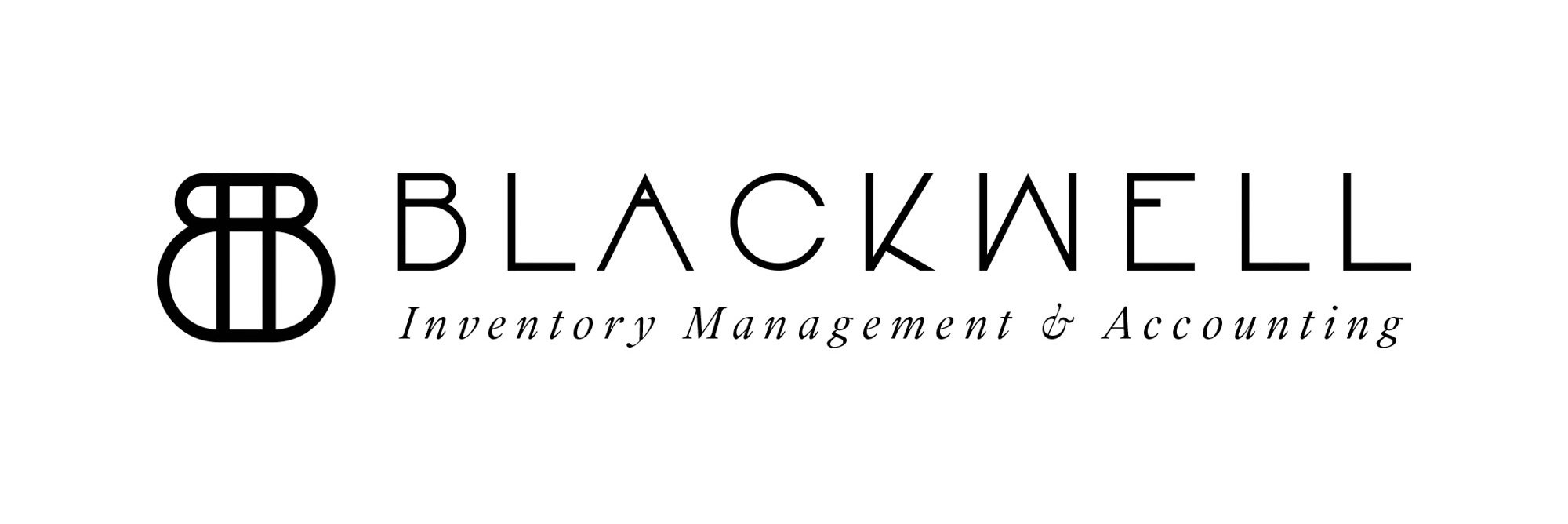Untangling Common Confusion
Some accounting vocabulary is confusing (and not just to you… even us professionals will use the wrong term!). I’m going to explain some commonly confused concepts and vocabulary.
An “account” vs a “bank account”
There are two things we mean when we say account and sometimes we mean both at the same time. Account refers to the places (or bucket if you will) in which we place value. These are collectively organized on the chart of accounts (or COA) as a list. They are also what you’re looking at (organized in a different fashion) when you look at your Balance Sheet or Profit and Loss Statement. Since we use double entry accounting each transaction has two accounts associated with it. Many clients will start off using the word account to only refer to a bank or credit card account. Those are also accounts on your COA! This is why sometimes we say account and it means both. If I say “let’s make a journal entry move money from your checking account to the petty cash account” I’m using it in both senses of the word. The transaction will affect both the bank account (a cash account) and the petty cash account (another type of cash account). I might say “we will book the transaction to your freight account” in which case I mean the bill you paid (coming out of a bank account) will be put into the freight account to recognize the expense.
Bill vs Invoice
This one is so tricky because it’s both… depending on who’s perspective you’re talking about. You get a bill from a vendor. However that vendor sent you an invoice! So while it has an invoice number, if it’s in your Quickbooks account, I’m probably referring to it as a bill.
